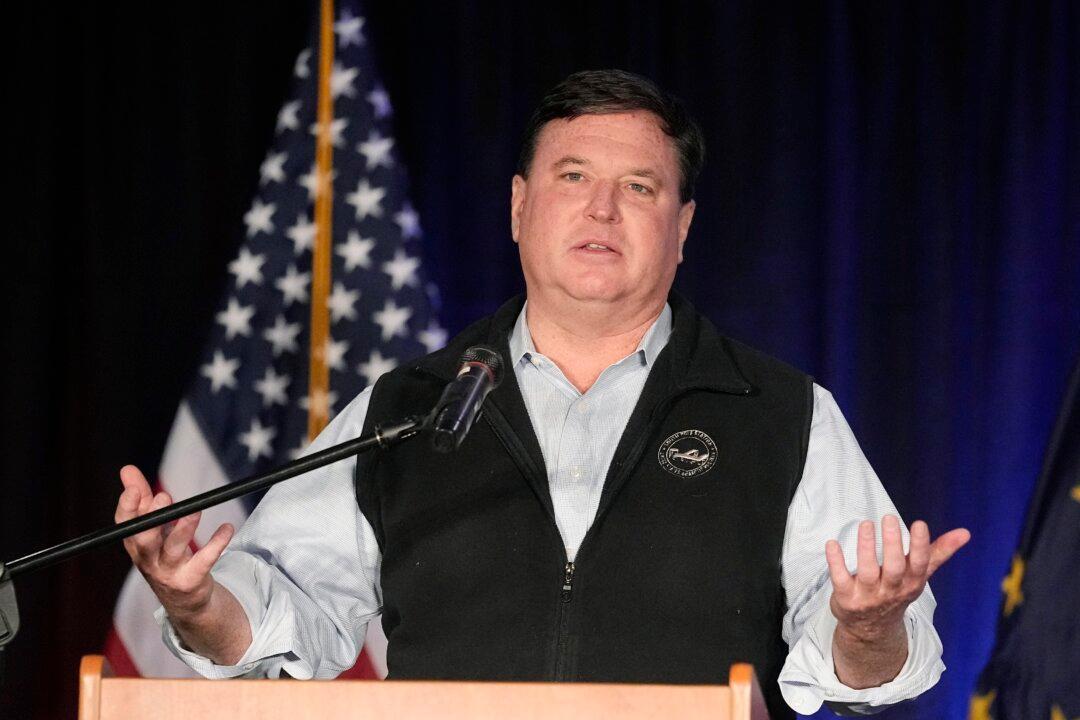The Supreme Court turned away a challenge on May 1 to Indiana’s law requiring the cremation or burial of the remains of aborted babies.
The lawsuit is one of many nationwide that have been adjudicated in the wake of the Supreme Court’s June 2022 decision in Dobbs v. Jackson Women’s Health Organization that overturned Roe v. Wade. In that case, the Supreme Court found that there was no right to abortion in the U.S. Constitution and returned the regulation of abortion to the states.





